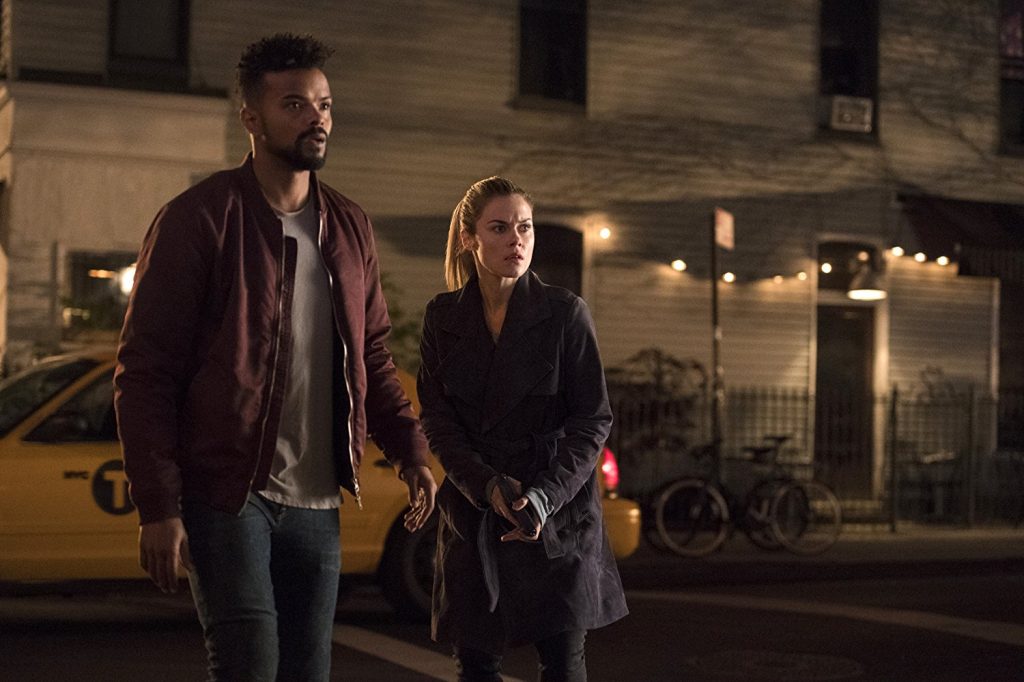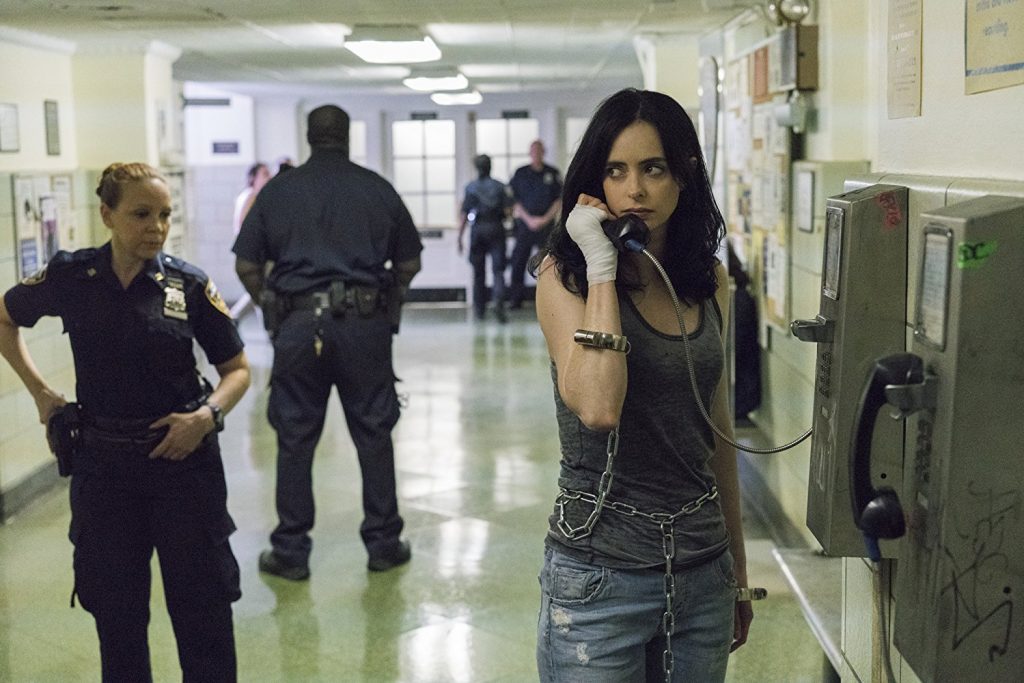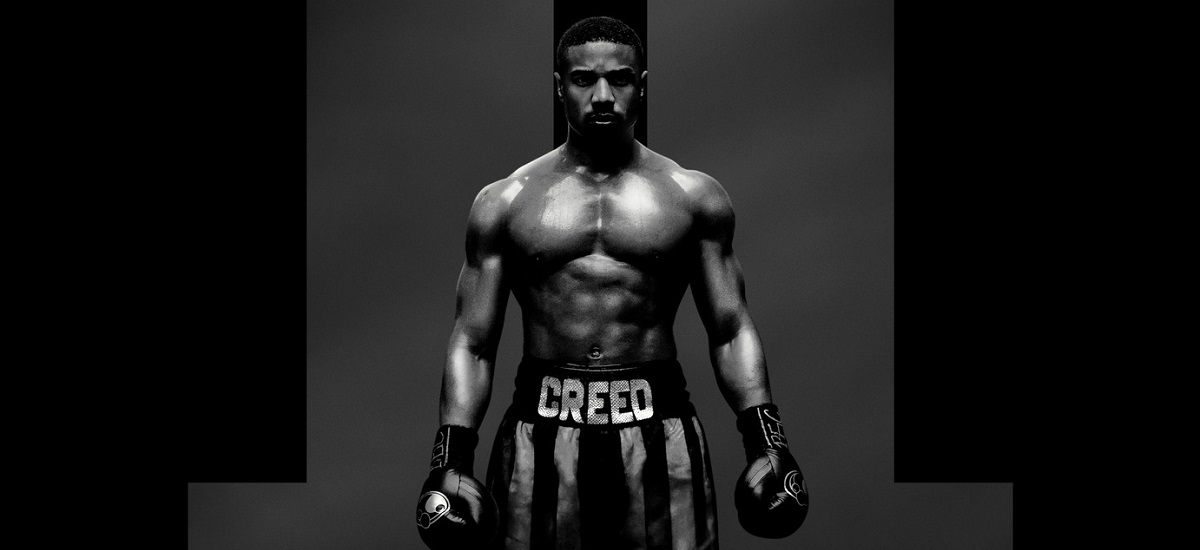“With great power comes great mental illness.”
The quote is uttered by the Whizzer, a speedster at the end of his rope, desperately asking the infamously ambivalent Jessica Jones for help. It is a twist on the legendary “Great Responsibility” speech given by Spider-Man’s Uncle Ben, a speech that is an overlying theme of any superhero movie or TV show. Jessica Jones (Krysten Ritter) does struggle with responsibility in her second solo season on Netflix, but Whizzer’s line seems a little more suitable. Spider-Man can be responsible and still enjoy being Spider-Man. Jessica Jones never, at any point in her superhero career, enjoys being Jessica Jones.

Season 2 of the show does not start much different than how season 1 ended. Jones is still running her private investigation firm Alias with Malcolm Ducasse (Eka Darville), her neighbor who recently swapped his drug addiction for a Tinder addiction. Her other friend, Trish Walker (Rachael Taylor), is still running a radio talk show and is still a secretive gun enthusiast. The only recent change in Jessica’s life, the only thing that she can update in her Wikipedia page, is that she recently joined a superhero team called The Defenders.
The new season is refreshingly isolated from Marvel’s Netflix superteam. Jessica Jones
has the freedom of not being connected with The Hand, an evil organization that is the primary antagonist of three of the six Netflix series. The Hand is evil simply because they are evil, which just happens to be the most boring way of being evil.They provide compatible punching bags for Daredevil and Iron Fist, but they don’t always make compelling TV.
The villain in Jessica Jones is personal and unpredictable. The reveal is kept hidden through most of the season, requiring Jones to develop her investigation skills in legitimately fun ways. The series is an old school superhero detective show, complete with a jazzy soundtrack, character narration and puddle-filled sidewalks. The best Marvel shows have a distinct one-word tone that emanates from its characters and its neighborhood. Jessica Jones is murky, Daredevil is shadowy, Luke Cage is concrete, Iron Fist is…..uhh…corporate?
Jones acquired her powers in a secret lab by secret scientists, similar to Wolverine and the Weapon X program. The procedure is referenced in the show as “genetic editing”, a lazy Hollywood term that was also thought up by the writer of the new Rampage movie. While still being haunted by her decision to murder Kilgrave, Jones slowly uncovers a different segment of her past.
Jones is constantly searching for more control in her life, and she again decides to rectify a period where she had no control. While the first season tackled the theme head-on by having a villain that could literally control minds, the new season discusses the issue in a more subtle way. Every character is also dealing with his or her form of addiction. Jones has a constant alcohol dependency issue and Ducasse’s work at Alias is the only way to combat his drug withdrawals. Walker is obsessed with becoming a superhero, no matter how badly her friend wishes she wasn’t one.
The supporting characters are still a strength of the show, but it is still carried effectively by Ritter as Jessica Jones. She continues to balance the tightrope of likeable and crude, her sloppy fighting style is a blast to watch, especially contrasted with the Iron Fist/Daredevil martial arts fights against The Hand (sorry, The Hand). The show also throws some bones to comic book nerds, with the Whizzer cameo and Trish Walker taking a few steps closer to her destiny as a Marvel character.
Like every Marvel Netflix show it should have been 11 episodes instead of 13 episodes. Plot lines and characters are introduced that are clearly ways to fill time in the middle of the season. One character with the fourth-most screen time is lawyer Jeri Hogarth. She is expertly played by Carrie-Anne Moss, but her character arc feels the farthest away from the others’ arcs. The only vital role she plays in the show is that she is the genius lawyer that keeps Jones and her friends out of jail after they participate in several jail-worthy activities.

Hogarth scenes are unarguably the “I’ll Check Twitter Now” scenes.
The show also falls into the Wolverine trap of convenient flashbacks. Whenever Jessica Jones is stuck in her investigation, she has a flashback that helps her take the extra step. It is a relatively small issue, but it is a tired movie/TV trope that always needs to be called out.
While maintaining a relatively solid pace even through filler plotlines, the show sputters to the finish line. The finale feels unplanned and rushed, leading to no true climax. Not every Marvel finale needs to end a certain way, there does not have to be a one-on-one showdown in the final twenty minutes, but there should be a more satisfying payoff after 13 hours.
The second season of Krysten Ritter’s Jessica Jones is another quality addition to the Marvel Netflix universe. After the large misstep that was Iron Fist, and the slight misstep that was The Defenders, Marvel has regained its momentum with The Punisher and Jessica Jones.
Now Marvel just has to find a way to make The Hand fun.



